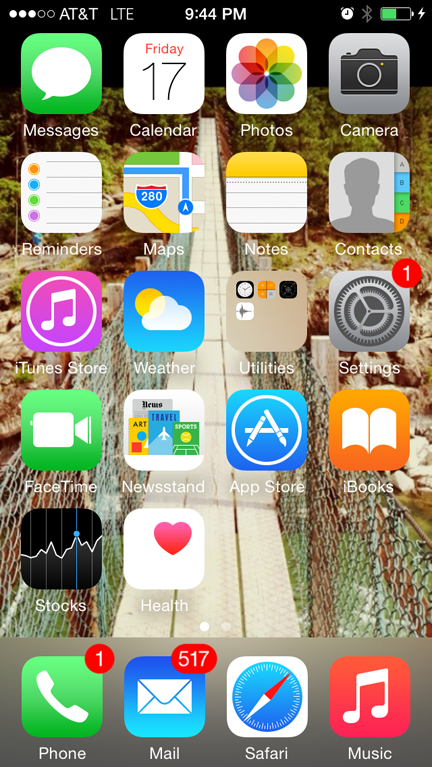BLUE LIGHT BLUES
Can using your electronics effect your health?
Sophomore Ailsa Beggs noticed that using her computer at late hours in the day can give her headaches caused by the screen’s bright light. She also reported that after using “f.lux” (a of computer program that changes the screen light) on her computer she could have the brightness on high without hurting her eyes.
Blue light coming from your phone can have major implications on our health such as lower levels of melatonin (which causes lack of sleep leading to sleeping disorders), an increased risk of cancer, impaired immune system functionality, diabetes and heart disease. These types of radiation, especially in the hours just before bed, can disrupt your sleeping habits massively.
To prevent blue light from affecting your health you can download software such as “f.lux” for your Windows or Mac OS X as well as jailbroken iPads or iPhones. This program will filter out blue light from your computer/device’s screen during later hours of the day. The Android alternative to this app is Blue Light Filter available in the Google Play store.
Other ways you can be affected by blue lights are from the LED or fluorescent lights in your house. Exchanging these lights for others with a warmer hue can be very beneficial to your health. Most lights that claim to be more energy efficient are the ones that tend to emit more blue light, but bulbs with certain coatings on the inside can be altered to produce a more subtle and warm color.
During the daytime blue light can actually be very beneficial. The color can boost attention, reaction times and mood. At night the colors to keep around are soft oranges, reds and yellows. So during the day, be sure to expose yourself to lots of bright light and try to avoid bright screens about two to three hours before bed.

Ben Bristow is a senior and is Web Director for the Cedar Post. This is his second year on staff.

